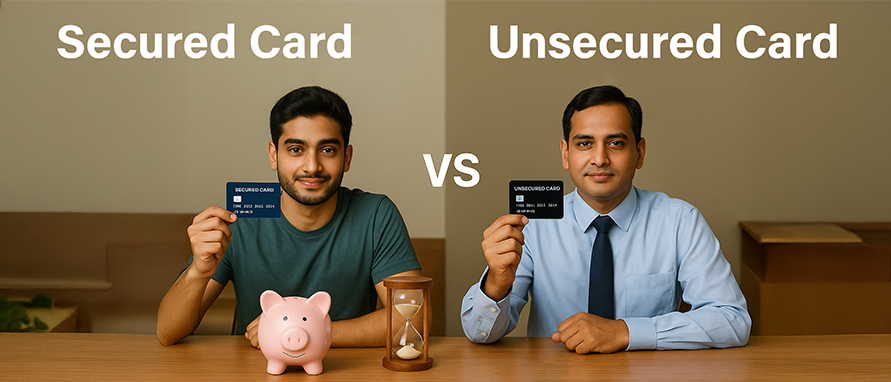An unsecured credit card is a better choice if you already have some credit history and want more benefits and flexibility.
Here’s when you might consider applying for one:
If you already have a good or fair credit score, you may be eligible for an unsecured credit card without needing a deposit
Unsecured cards often come with attractive rewards, such as cashback, travel points, or discounts on select purchases. If you can manage credit well, this can be a great way to benefit from your spending.
Unsecured cards can offer a higher credit limit compared to secured cards, which is helpful if you plan on making larger purchases
Unsecured cards typically offer additional perks such as lower interest rates, longer grace periods, and various exclusive offers
If you’re confident in your ability to handle credit responsibly, or you’ve already established some credit history, an unsecured credit card could be a great fit.
















